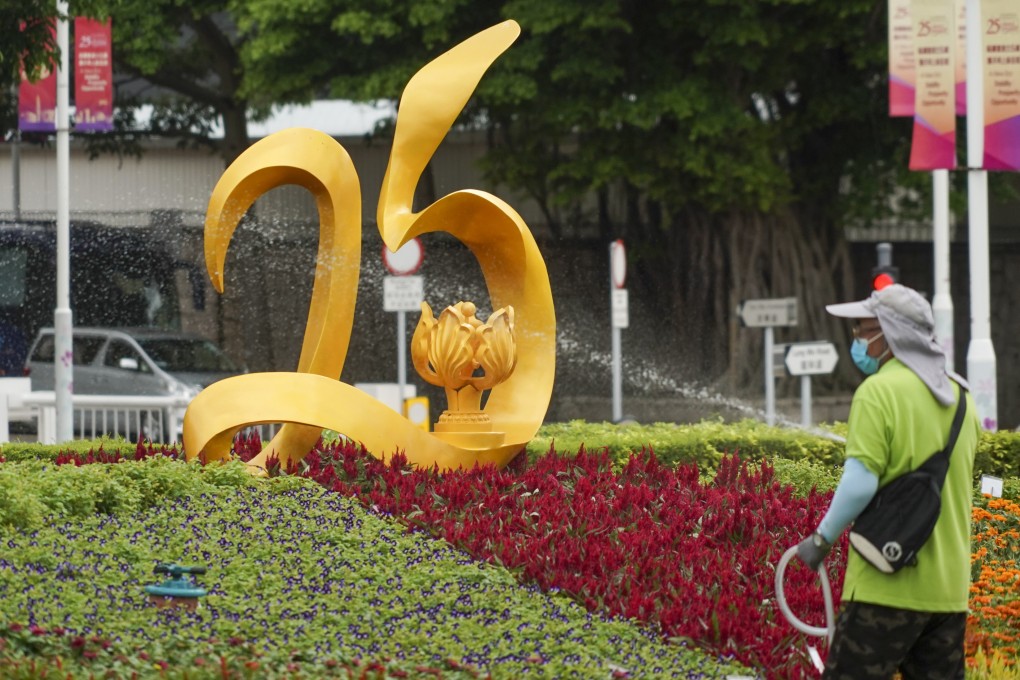Advertisement
The View | Hong Kong, 25 years after its return to China, needs a new narrative, not nostalgia
- The city may be facing geopolitical and economic headwinds, but looking back to the ‘good old days’ won’t help
- Hong Kong needs to build on tomorrow’s themes of digitisation, innovation and sustainability, connect more with the Greater Bay Area and ensure growth is inclusive
Reading Time:3 minutes
Why you can trust SCMP
6

July 1 marks 25 years since the 1997 handover. It’s also the halfway point of our 50 years under the “one country, two systems” model of governance. What’s the path forward for our beloved city? Are Hong Kong’s glory days behind us, or do even better days lie ahead?
One thing is certain: we are living in a very different context than that of 25 years ago. Hong Kong in the 1980s and 1990s was a critical entry point into China. We thrived as the middleman between Western markets and China’s vast manufacturing base. We introduced capital and expertise to the Pearl River Delta. We served as the financial hub for Chinese companies seeking to raise capital.
Over the past 20 years, Hong Kong has thrived on the back of the mainland’s growing economic might; capital, talent and tourists flocked here. This was our golden era.
Advertisement
Today, we are facing geopolitical headwinds, a slowing mainland economy, fierce competition from neighbouring cities, and a weakening proposition as a middleman.
While our past successes may have benefited a generation of entrepreneurs who took risks to build great companies and professionals who rose to the top of boardrooms, the fruits of our achievements have sadly not been shared broadly across society.
Our Gini coefficient (as imperfect a measure as it is) stays stubbornly high at 0.54. The average waiting time for public housing is now over six years. The plight of over 200,000 people living in cramped subdivided flats is an embarrassing reminder of this dilemma.
Advertisement
Select Voice
Choose your listening speed
Get through articles 2x faster
1.25x
250 WPM
Slow
Average
Fast
1.25x
